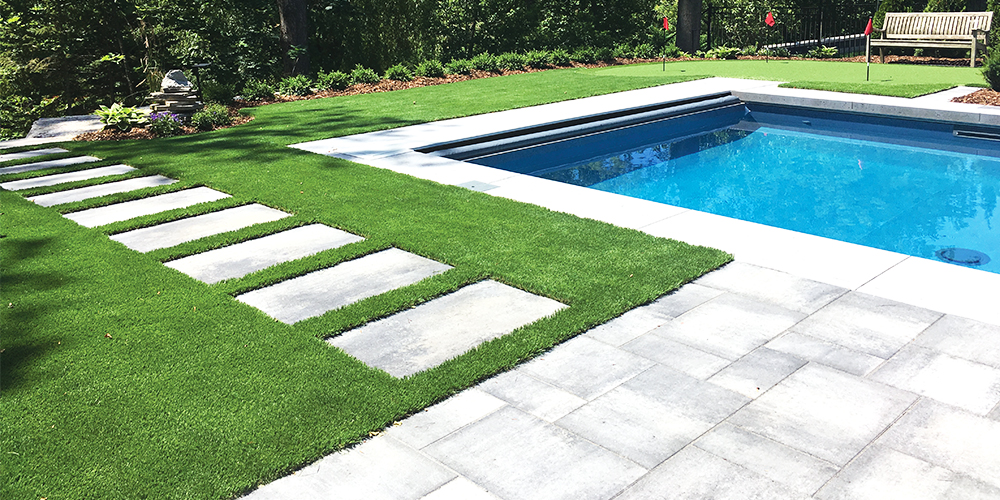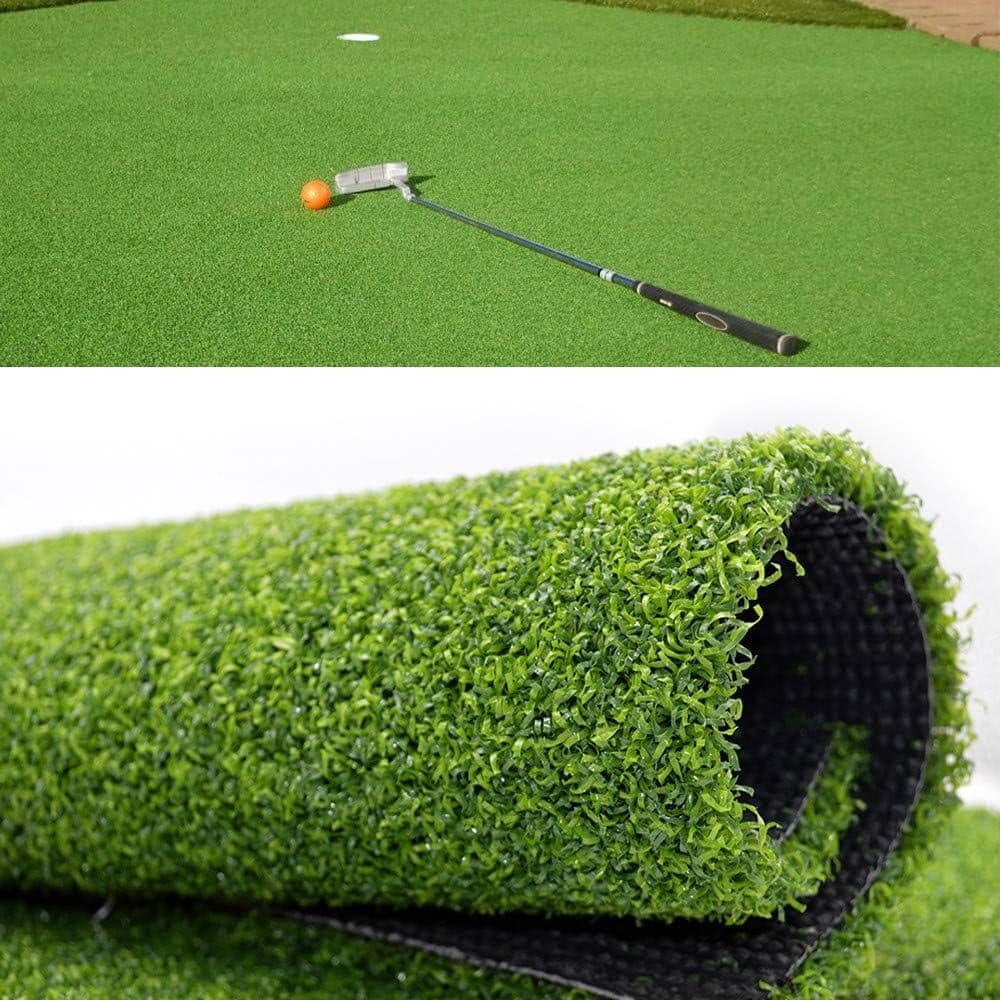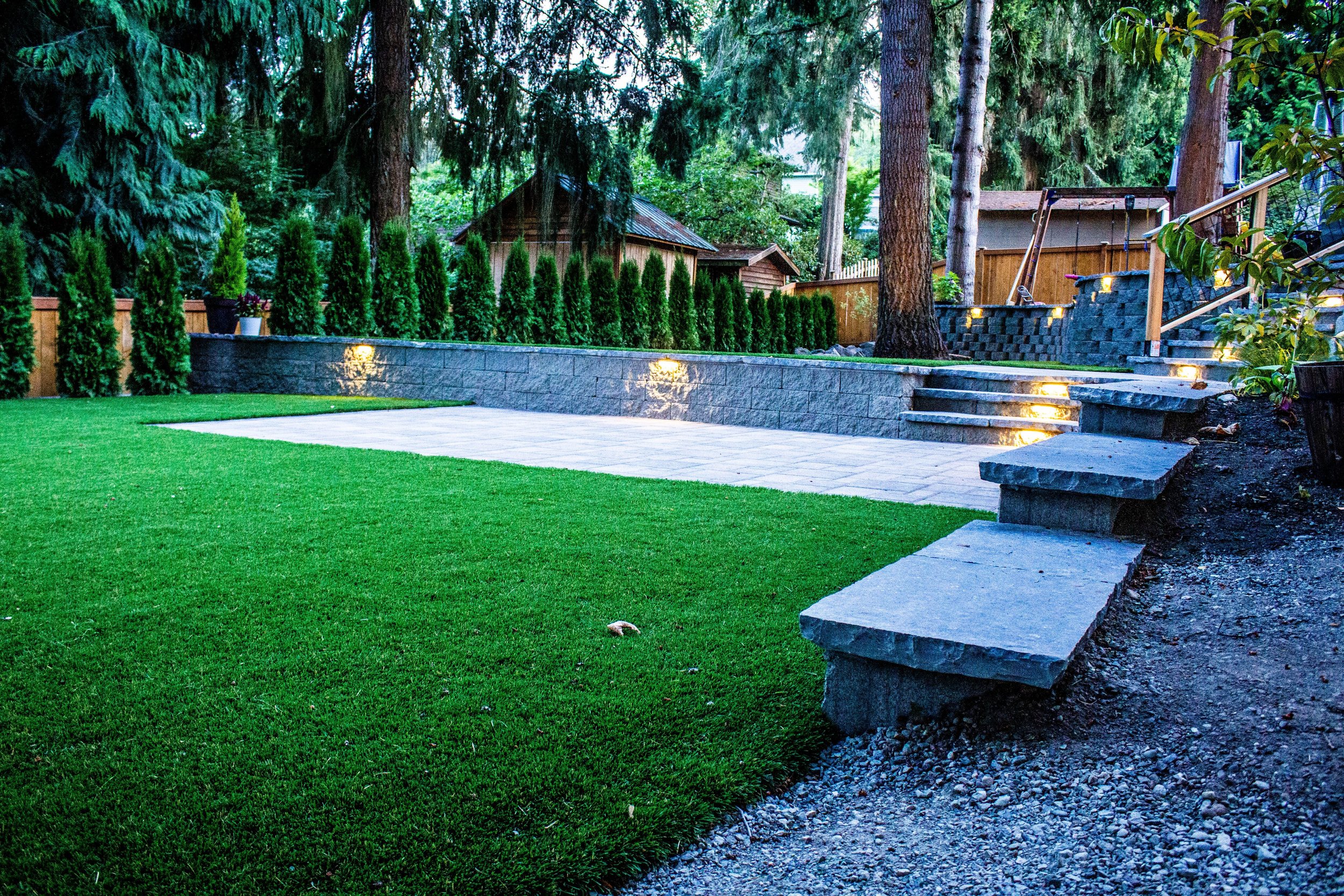Custom Turf Installation Phoenix AZ for Residences, Businesses, and Play Areas
Custom Turf Installation Phoenix AZ for Residences, Businesses, and Play Areas
Blog Article
Explore the Environmental Benefits of Opting for Artificial Lawn Solutions
The adoption of fabricated grass remedies offers a compelling possibility to attend to pushing ecological obstacles. By considerably reducing water usage and decreasing the application of unsafe chemicals, these options not only promote lasting landscape design but likewise secure regional communities.
Water Preservation Advantages
One of the most considerable benefits of artificial turf is its capability to preserve water. In contrast, fabricated lawn does not require watering, dramatically decreasing the general need for water resources.
By eliminating the demand for regular watering, artificial lawn adds to lasting landscape practices and helps mitigate the ecological effect of excessive water usage. Additionally, the conservation of water encompasses the decrease of overflow, which can result in dirt disintegration and river pollution.
In addition, the installation of synthetic grass enables towns and home owners to allot water sources extra efficiently, focusing on necessary uses such as drinking water and agriculture. The shift towards synthetic grass not only promotes responsible water use yet additionally aligns with broader environmental goals targeted at maintaining natural deposits.
As communities progressively prioritize sustainability, the water preservation advantages of man-made grass present an engaging situation for its fostering in household and commercial landscaping jobs.
Minimized Chemical Use
The transition to artificial turf significantly decreases the reliance on chemical treatments commonly utilized in all-natural yard maintenance. Standard grass monitoring commonly includes the application of pesticides, plant foods, and herbicides to promote development and control parasites. These chemicals can posture threats to human health, regional wildlife, and the atmosphere, contributing to soil and water contamination.
On the other hand, synthetic grass eliminates the requirement for these damaging materials. Once mounted, it requires minimal upkeep, mostly being composed of regular cleaning and occasional infill replenishment. This reduction in chemical usage not just benefits the instant environment but likewise adds to wider ecological security. By lessening the launch of artificial substances right into the community, synthetic grass promotes healthier dirt and water systems.
Moreover, the absence of chemical drainage connected with synthetic turf setups helps secure regional rivers from contamination, sustaining aquatic life and maintaining biodiversity. Arizona turf. As areas increasingly prioritize sustainable techniques, choosing synthetic grass provides a sensible remedy that straightens with ecological preservation objectives. Through this change, homeowner can enjoy lush eco-friendly spaces without jeopardizing environmental wellness, leading the way for an extra lasting future
Lower Carbon Impact

Moreover, the installment of man-made grass can cause considerable water conservation. Natural yards require significant amounts of water for watering, which not just contributes to the carbon impact linked with water removal and treatment however likewise pressures regional water resources. On the other hand, fabricated grass needs minimal upkeep, needing no watering, thereby considerably lowering water usage and its linked energy prices.
Furthermore, the durability of synthetic grass contributes to its reduced carbon influence. With a life-span of approximately 15 years or more, the requirement for frequent substitutes is lessened, causing much less waste and reduced energy intake in manufacturing and dealing with traditional yard options. Overall, artificial lawn offers a sustainable option Continue for environmentally aware landscape design.
Habitat Conservation
Environment conservation is a critical factor to consider in the dispute over landscaping options, particularly when comparing synthetic grass to all-natural turf. Natural lawn yards typically call for considerable maintenance, including making use of plant foods, chemicals, and herbicides, which can negatively impact neighborhood ecological communities. These chemicals can leach into the soil and rivers, damaging indigenous vegetation and fauna and interrupting local environments.
In contrast, fabricated grass presents a chance to minimize the ecological footprint of landscaping. By going with artificial turf, home owners can minimize the disruption of all-natural habitats related to standard yard care practices. Synthetic grass gets rid of the need for harmful chemicals, consequently securing close-by wildlife and preserving the integrity of surrounding environments. Additionally, the installment of synthetic grass can result in the conversion of former turf locations into even more biodiverse landscapes, such as pollinator gardens or native plant locations, which can sustain local wildlife.
Eventually, the shift to synthetic grass not only saves water and decreases maintenance efforts but likewise fosters a much more unified connection between human tasks and the natural surroundings, promoting environment conservation at the same time.
Long-Term Sustainability
Lasting sustainability is a crucial consider reviewing the advantages of synthetic grass over conventional lawn yards. One of the most considerable benefits of fabricated grass is its longevity; it can last up to 15-20 years with very little upkeep, whereas natural yard calls for constant reseeding and substitute. This durability lowers the demand for Arizona turf continuous resources, such as water, fertilizers, and chemicals, which are important for keeping a healthy and balanced yard yard.
Additionally, synthetic grass contributes to a decrease in carbon exhausts related to lawn care tools. Conventional grass usually require gas-powered lawn mowers, leaners, and blowers, every one of which contribute to air pollution. Artificial turf companies phoenix. On the other hand, artificial lawn removes the requirement for such tools, promoting a cleaner setting
Moreover, the production of synthetic grass increasingly uses recycled materials, boosting its sustainability account. As producers adopt green methods, the environmental footprint of fabricated turf remains to reduce.

Conclusion
The fostering of synthetic grass remedies offers substantial ecological advantages, including significant water conservation, lowered reliance on hazardous chemicals, and a reduced carbon footprint. Artificial lawn aids in preserving all-natural environments by reducing land disruption and promoting long-term sustainability through the use of durable products. Jointly, these variables underscore the possibility of synthetic moved here grass to contribute positively to ecological health and provide a practical alternative to conventional landscaping practices in a significantly resource-conscious globe.
In contrast, artificial grass does not need watering, significantly minimizing the total need for water resources. By lessening the launch of synthetic compounds right into the community, artificial lawn advertises healthier dirt and water systems.
Moreover, the installation of man-made turf can result in substantial water conservation. In comparison, fabricated grass needs marginal maintenance, requiring no watering, thereby significantly decreasing water usage and its associated energy expenses.

Report this page